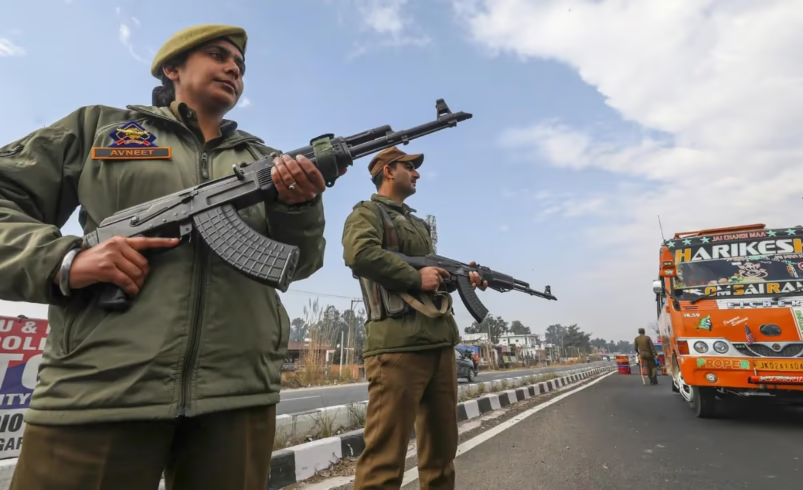Jammu and Kashmir Authorities Restrict Access to Martyrs’ Day Memorial
- July 13, 2025
- 0

In a continuation of measures implemented since the abrogation of Article 370 in 2019, authorities in Jammu and Kashmir have once again imposed restrictions on visits to the Srinagar graveyard, known for commemorating the “July 13 Martyrs.” This site holds significant historical importance as it honors those who lost their lives in the 1931 uprising against Dogra rule. The restrictions have been enforced to prevent gatherings that could potentially lead to unrest in the region.
Prominent political figures, including Omar Abdullah and Mehbooba Mufti, have been barred from visiting the graveyard to pay their respects. Both leaders have expressed their discontent with the ongoing restrictions, which they view as an infringement on their rights to honor the martyrs. The prohibition has sparked criticism from various political circles, who argue that such measures undermine democratic freedoms and historical remembrance.
July 13 is a day of remembrance for many in Jammu and Kashmir, marking the anniversary of a pivotal moment in the region’s history. In 1931, several individuals were killed during protests against the autocratic Dogra regime. This event is seen as a significant turning point in the struggle for political rights and autonomy in Jammu and Kashmir. The annual commemoration serves as a reminder of the sacrifices made by those who fought for justice and equality.
The continued enforcement of restrictions at the graveyard has broader implications for political expression and civil liberties in Jammu and Kashmir. Critics argue that such actions stifle dissent and hinder reconciliation efforts in a region that has experienced prolonged conflict. The situation highlights ongoing tensions between local political leaders and central authorities, raising questions about the future of democratic processes and historical acknowledgment in the area.